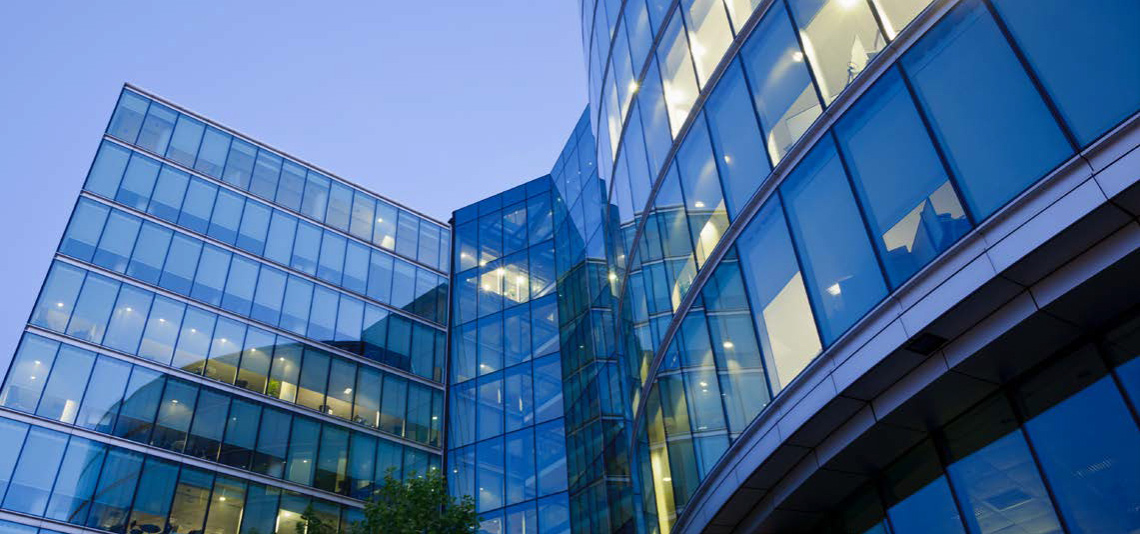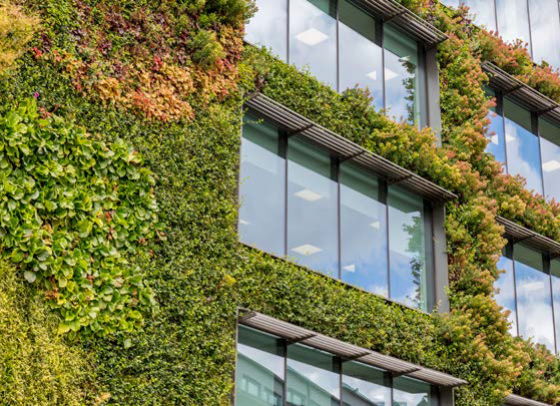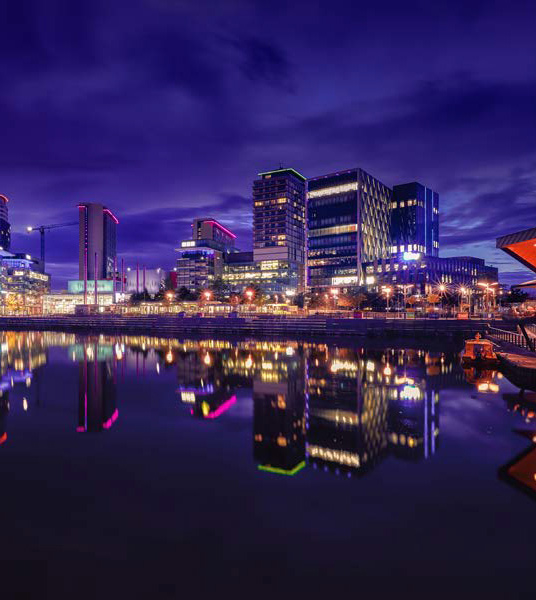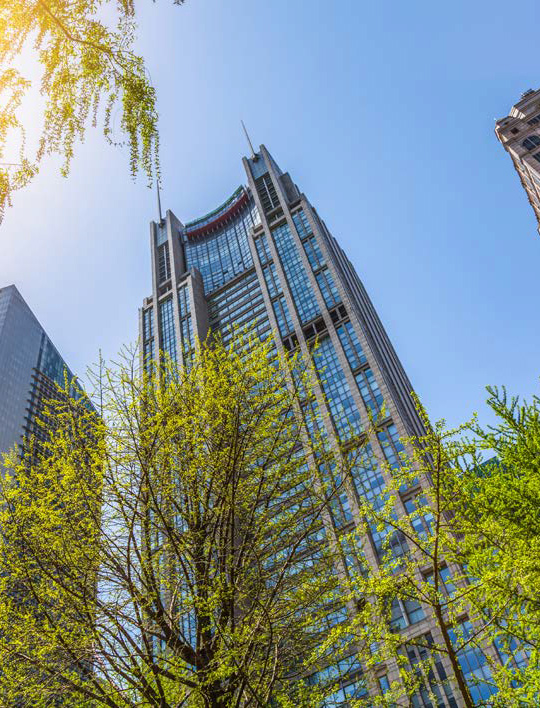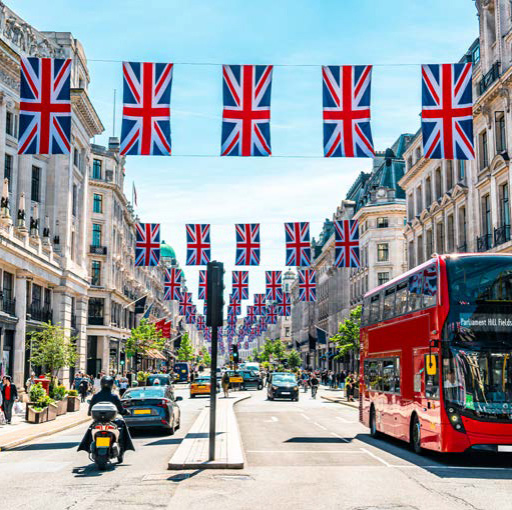The BBP1 is a collaboration of the UK’s leading commercial property owners who are working together to improve the sustainability of existing commercial building stock, with aims to guide the industry in:
- Delivering building performance, by supporting members and the industry in delivering operational excellence.
- Improving professional understanding, by mainstreaming sustainability skills and providing guidance for non-sustainability professionals.
- Stimulating market transformation, by enabling investors and occupiers to understand and act upon sustainability to drive change.

KEY INITIATIVES INCLUDE:
UK NET ZERO CARBON BUILDINGS STANDARD
A cross-industry steering group, representing stakeholders across the built environment, have joined together to develop a standard for verifying UK buildings as net zero carbon. The UKGBC’s Whole Life Carbon Roadmap demonstrates that buildings are directly responsible for around a quarter of carbon emitted by the UK. There is no credible pathway for the UK economy to reach net zero without tackling emissions associated with the construction and operation of our buildings. While significant progress has been made in defining what ‘net zero’ means for buildings in the UK, there is clear demand for a single, agreed methodology. The UK Net Zero Carbon Buildings Standard will enable industry to robustly prove their built assets are net zero carbon and in line with our nation’s climate targets. Leading industry organisations BBP, BRE, the Carbon Trust, CIBSE, IStructE, LETI, RIBA, RICS, and UKGBC have joined forces to champion this initiative. The standard will cover both new and existing buildings and will set out performance targets addressing operational energy and embodied carbon emissions to align with the UK’s 2035 and 2050 emissions targets (78% reduction and net zero respectively). It will also cover the procurement of renewable energy and the treatment of residual emissions, including carbon offsetting.
THE REAL ESTATE ENVIRONMENTAL BENCHMARK (REEB)
Every year, members of the Better Buildings Partnership (BBP) submit data on their managed UK commercial real estate portfolio into the Real Estate Environmental Benchmark (REEB). REEB is one of the only benchmarks based on the performance of buildings ‘in-use’ and is increasingly becoming the industry standard used by investors, fund managers and property owners to compare the performance of commercial properties across the UK. The REEB dataset continues to grow, with a 171% increase in floor area over the last 10 years and a total of 1,142 properties benchmarked in 2019/20.
THE MANAGING AGENTS PARTNERSHIP
Since the Managing Agents Partnership (MAP) launched in 2015, it has gone from strength to strength. The MAP project provides an open forum for managing agents to collaborate and develop common approaches to industry challenges. In June 2021, BBP launched the Responsible Property Management Toolkit to the industry, which provides practical guidance for asset managers, property managers and facilities managers on embedding sustainability within property management services. MAP focuses on the following key topics:
- Responsible Property Management
- Managing for Performance
- Net Zero Carbon
- Social Value
- Waste Management


